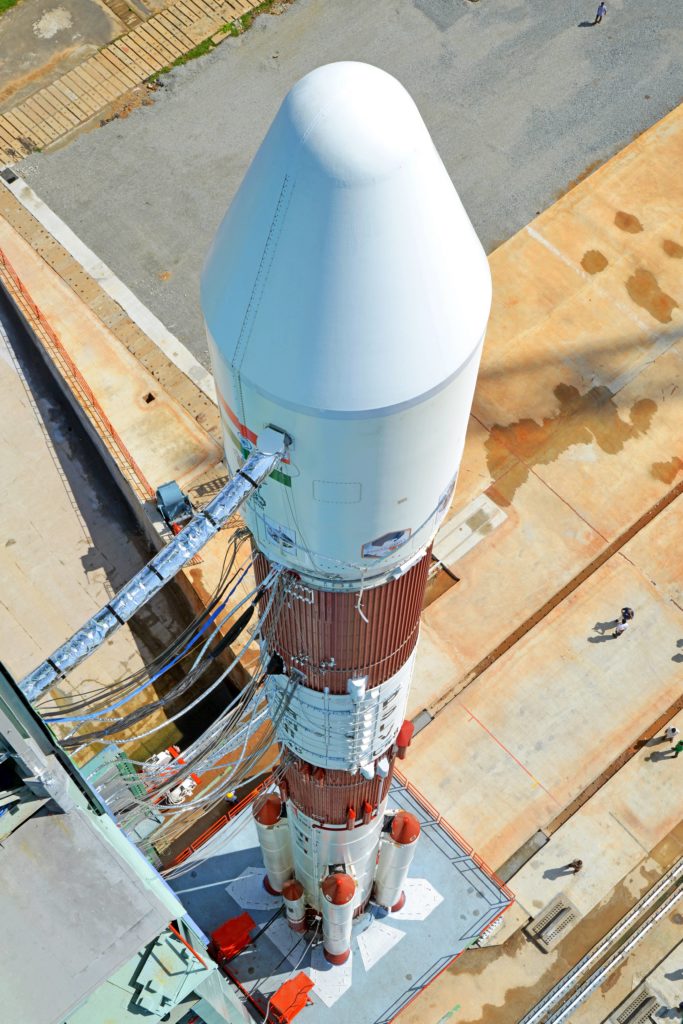Polar Satellite Launch Vehicle, on its 50th mission, PSLV-C48, is scheduled to lift off from the first launch pad of the Satish Dhawan Space Centre at Sriharikota, about 130 km from here at 3.25 PM on Wednesday, the Indian Space Research Organisation said.
Wednesday’s launch will mark a significant milestone for the space agency as it would be the 50th flight of the PSLV and also the 75th vehicle mission from Sriharikota. The 628 kg satellite, meant for applications in various fields like agriculture, forestry and disaster management support, will carry nine customer satellites, including one each from Israel, Italy,Japan and six from the United States



ISRO said the countdown for RISAT-2BR1 began at 4.40 PM on Tuesday.
The space agency said the satellites are being launched under a commercial arrangement with NewSpace India Ltd. The mission life of RISAT2-BR1 is five years, ISRO said. RISAT-2BR1 follows the successful launch of RISAT-2B in May 22.
ISRO spy satellite RISAT-2BR1 details
The space agency clarified that the ISRO
According to the ISRO, the satellites will be carried by the PSLV-QL variant. The rocket will also have four strap-on motors and December 11 flight will be the second space trip for this variant. Just over 16 minutes into its flight, the rocket will sling ISRO Spy satellite RISAT-2BR1. A minute later the first of the nine customer satellites will eject in the space.
The flight will conclude in about 21 minutes when the last of the customer satellites are in the orbit. To date, the ISRO has put into orbit 310 foreign satellites. This number will jump to 319 after the success of the December 11 mission. This mission is likely to reinforce the expertise of ISRO in launching satellites successfully.